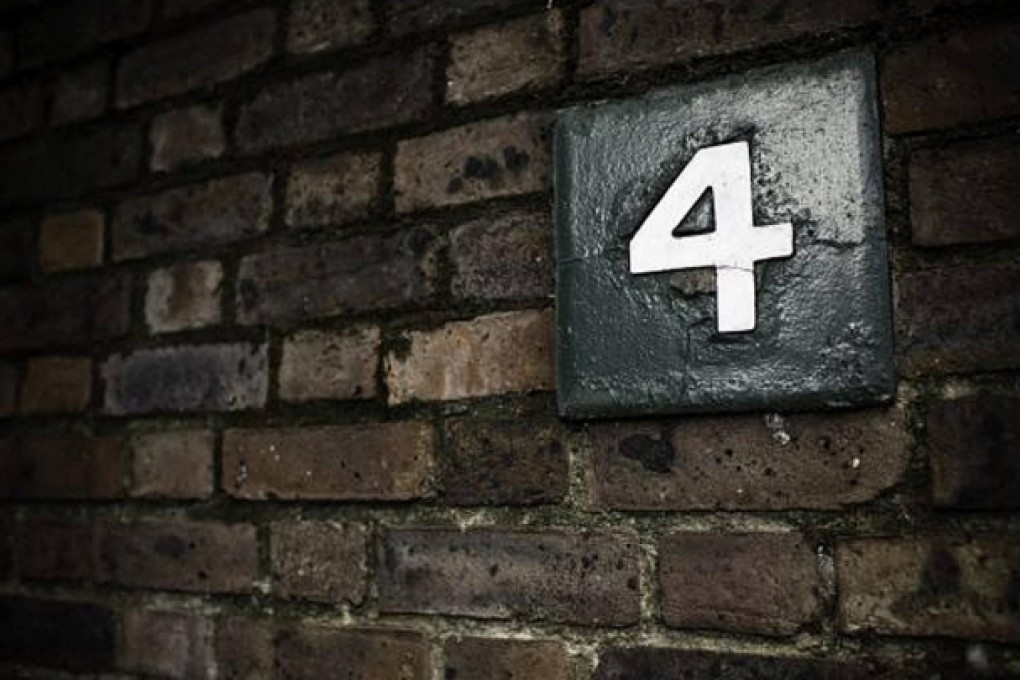Hint of death kills use of number 4 in Toronto town Richmond Hill
Richmond Hill in Toronto bans figure from new home addresses because of morbid connotations in Cantonese and Putonghua

Toronto's Richmond Hill suburb, home to many Hong Kong and mainland Chinese immigrants, has banned "4" from new street addresses, a move that some residents in one of Canada's wealthiest communities say amounts to "town planning by superstition".
Richmond Hill's town council approved the new by-law by a vote of five to four last month.
Specifically, it does away with "4", which in Cantonese and Putonghua sounds similar to the word "death", in new residential developments.
Double digits, such as 14 or 24, are exempt.
Some Chinese residents had complained after buying lots in new projects only to discover later that the municipal address was "4", which can affect the resale value of the home.
An alternative is to apply to the city for a suffix to be added, creating 4B for example, at a cost of C$500 (HK$3,700).